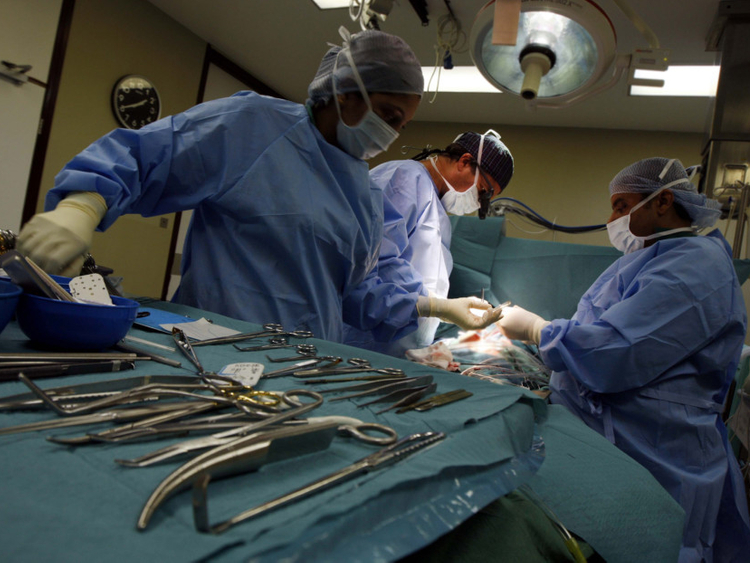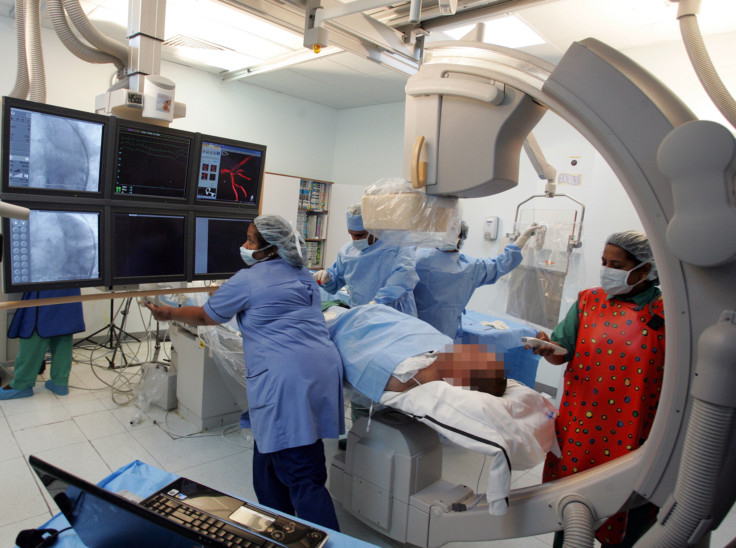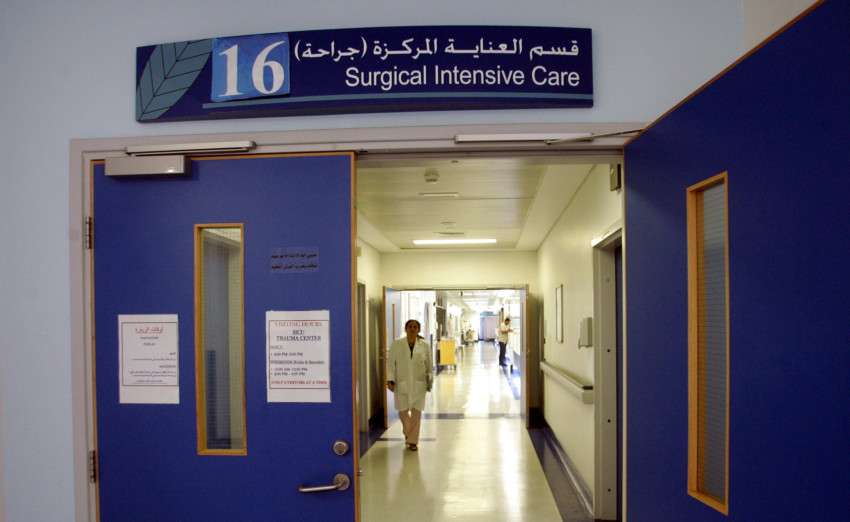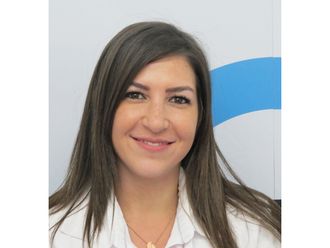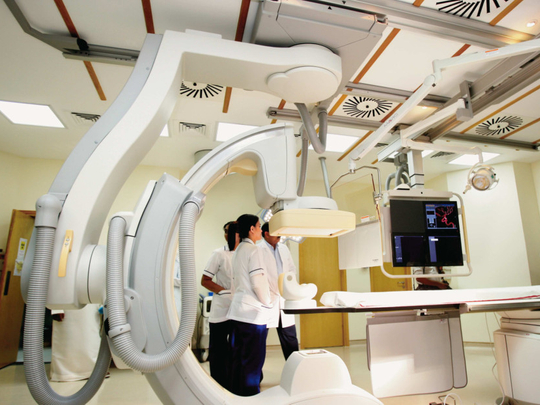
Dubai: When it comes to major health issues, residents, both expats and Emiratis, have traditionally tended to shun hospitals in Dubai for overseas treatment. They’ve blamed it on lack of adequate facilities and an unexplained sense of distrust in locally available doctors. For most expats, there is also the high cost factor to contend with.
But a marked shift in Dubai’s medical landscape in recent years is fast changing such perceptions. XPRESS looks at 10 reasons why Dubai’s healthcare is not just among the best in the world today, but also among the most trusted.
1. Beyond brick and mortar
Dubai has four government hospitals, 21 private hospitals, 14 primary health care centres (PHCs), 16 medical fitness centres and 1,200 private polyclinics. Dubai Health Authority (DHA) Director-General Eisa Al Maidoor says plans are afoot to open two more public hospitals, including the 900-bed Shaikh Mohammad Bin Rashid Hospital on Shaikh Mohammad Bin Zayed Road, 18 private hospitals, 40 PHCs and six medical fitness centres. But it is not just about brick and mortar. According to him, DHA has legislation and regulations in place to build trust. It has a complaint system to ensure transparency. This way, “patient safety isn’t compromised”.
2. Control on quality
Private hospitals say stringent licensing criteria and a sharp focus on quality standards have built a huge body of trust in Dubai’s healthcare. Dr Nayzak Raoof, chief medical officer, American Hospital, says, “Medical practice in Dubai is well-controlled. Also, by obtaining and maintaining accreditations like the Joint Commission International (JCI), we benchmark ourselves against international standards and are able to constantly reassure the public. At American Hospital we have 82 American Board certified or equivalent practising physicians with unmatched expertise. We were the first hospital in the Middle East to be awarded JCI accreditation in 2000 and the first lab in the Middle East to be accredited by the College of American Pathologists.”
3. Mandatory insurance, e-claims
With mandatory insurance, healthcare has become more accessible in Dubai. Dr Pietie Loubser, chief clinical officer, Mediclinic City and Welcare Hospitals, says: “We have 306 full-time certified doctors and 250 community specialists and we remunerate them on the basis of professional fees. We do not incentivise them on downstream activities like radiology or lab investigations. This way, doctors can’t request for unnecessary investigations. Moreover, DHA has also implemented the e-claim process to monitor utilisation of services, prescriptions etc.”
A new rule also stipulates that private hospitals, clinics and polyclinics do not arbitrarily raise their prices beyond a cap of 4.22 per cent.
4. Cardiac capabilities
DHA cardiac capabilities are world class today. Rashid Hospital has surpassed international standards as far as critical time in managing heart patients is concerned. Dr Fahd Omar Baslaib, head of cardiology, says it takes just 23-24 minutes to unblock an artery with an injection from the time a patient arrives at the hospital. The global standard for this door-to-needle time is less than 30 minutes. The door-to-balloon time taken to unblock an artery through angioplasty is 74 minutes against a global benchmark of less than 90 minutes.
Rashid and Dubai Hospitals’ heart units have been recognised as centres of excellence for the transcather aortic valve implantation (TAVI) procedure that has so far been conducted on 114 elderly patients, the highest in the Middle East.
5. Top-notch trauma care
Rashid Hospital’s trauma department is the biggest in the Middle East. According to Dr Bilal El Yafawi, consultant orthopaedic surgeon, it conducted 5,050 surgeries in 2014, 80 per cent of which were major poly-trauma cases. It currently has 130 beds and 38 doctors and is on a massive expansion mode. It is among the top 10 and the only centre in the Middle East that is part of the biggest polytrauma registry in Germany. Lending further credence to the centre’s capabilities is what Dr El Yawafi calls a “historic agreement” with Germany under which a Dubai residency programme launched in trauma and orthopaedics gives doctors a chance to do their residency here and get a German board certification.
6. ‘Minimally invasive’ pioneers
Latifa Hospital, Dubai’s largest maternity and paediatric hospital, is the only hospital in the region to be accredited by the American Association of Gynaecological Laparoscopy as a centre of excellence in gynaecological minimally invasive surgery. Dr Muna Tahlak, CEO, says: “Minimally invasive surgeries lead to better patient outcomes as they are less invasive, lead to fewer complications and facilitate quicker post-surgery recovery. Today, almost 80 per cent of all gynaecological surgeries here are minimally invasive.”
7. Other breakthroughs
Most established hospitals have something to boast about in other specialties too. American Hospital has the expertise to do the rare aortic arch replacements. It has a PET-CT scanner to detect cancer and Alzeimer’s. Its centres of excellence include the orthopaedics and total joint replacement centre and the cancer care centre. Mediclinic City Hospital is expanding to include a comprehensive oncology unit to offer medical oncology and radiology services. Even with specific procedures, breakthroughs are often reported across hospitals.
8. Noble Nabadat
More than 350 children, including newborns, from across nationalities with congenital heart diseases have undergone free life-saving procedures at the Dubai Hospital under an initiative called Nabadat since 2007. Dr Obaid Al Jasem, head of cardiology says, “The initiative is open to all and seeks to ease the economic and social burden on families with children who have congenital heart disease. DHA covers the cost of Emirati patients while the Shaikh Mohammad Bin Rashid Al Maktoum Humanitarian and Charity Establishment pays for expatriate children.”
9. Low infection rate
Rashid Hospital’s trauma centre, which deals with multiple and open surgeries on a daily basis, reports an infection rate of less than two per cent against an accepted international standard of five per cent. American Hospital, which performed 4,560 surgeries last year, recorded no site infections in cardiac and knee replacement surgeries. The same was the case with cardiac surgeries at Mediclinic’s hospitals, as per its last available figures for 2013.
10. Low mortality rate
Rashid Hospital, which received over 1,900 patients last year, recorded a mortality rate of 1.5 per cent, well below the accepted international rate of five per cent. Mediclinic City and Welcare Hospitals witnessed a mortality rate of 0.19 per cent in 2013.



